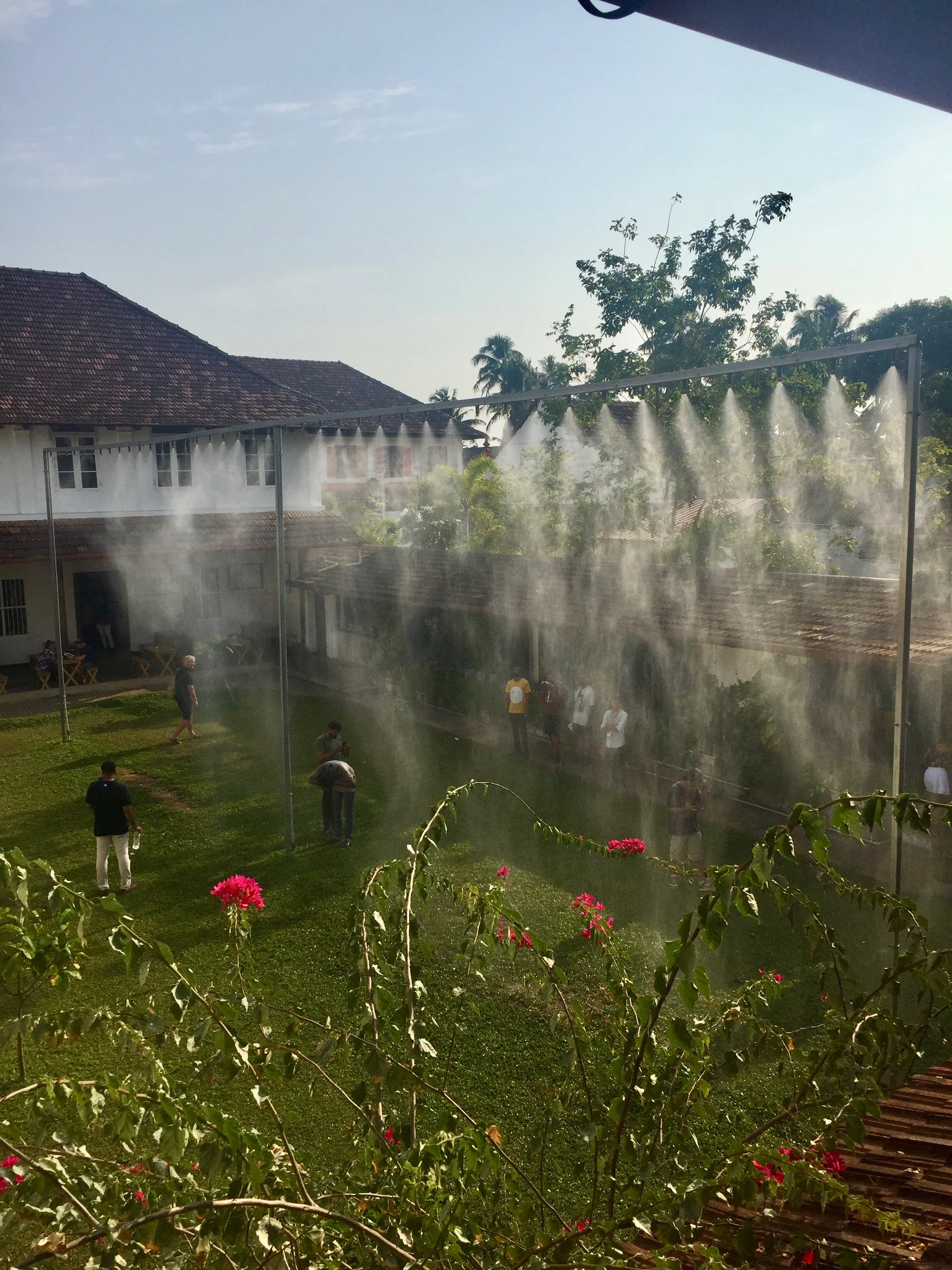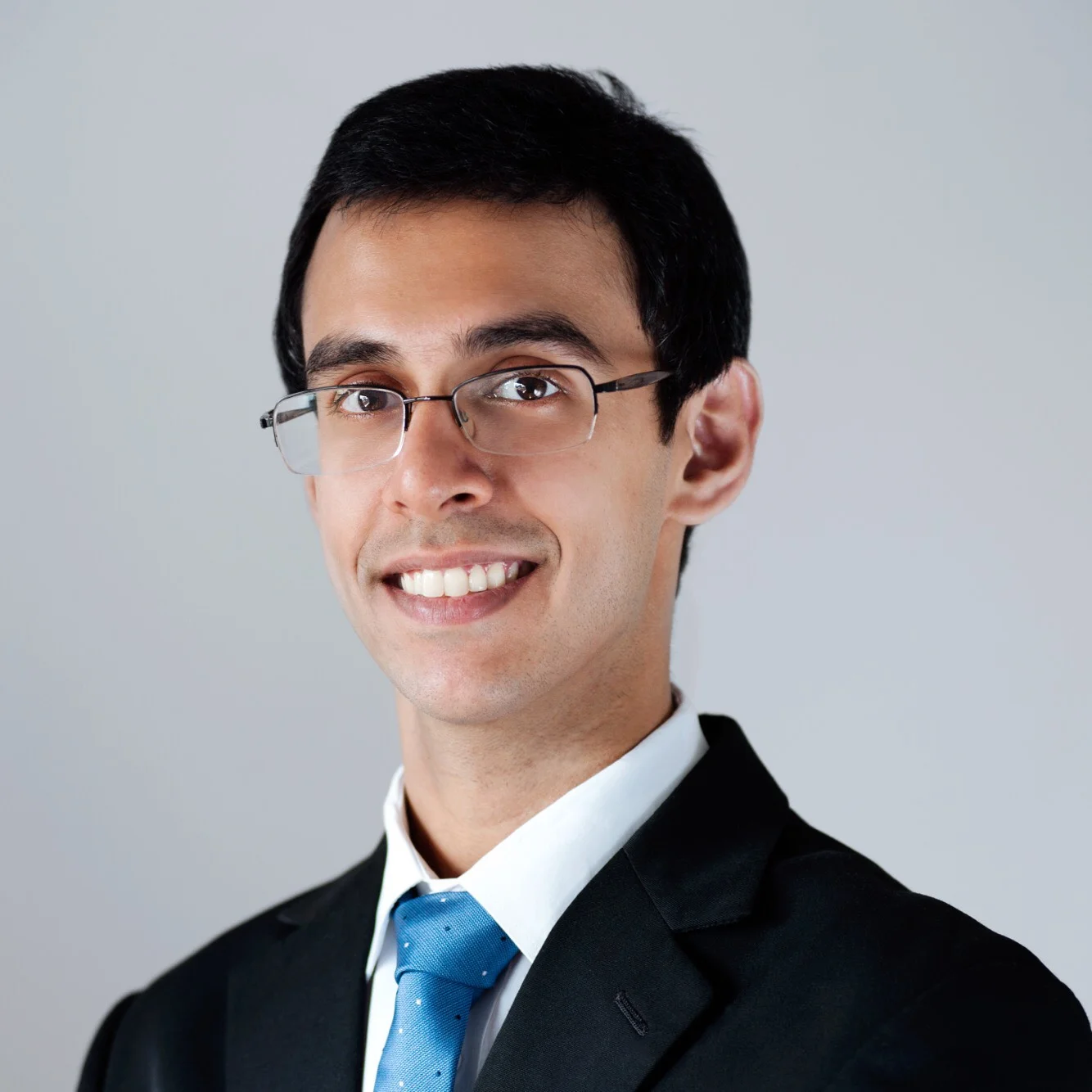Scholar Update: Aradhya Sethia
Aradhya Sethia is a 2017 Inlaks scholar and is currently a Yale International Fox Fellow at Melbourne Law School. Before joining MLS, he attended Yale Law School as an Inlaks Scholar (Batch of 2017), where he served as an Articles Editor of Yale Journal of International Law and a Resident Fellow at Yale Information Society Project. Aradhya holds an undergraduate degree from National Law School, Bangalore, where he was declared the Best Outgoing Student.
As a Fox Fellow, Aradhya has been studying the governance of political parties in India. In his most recent research paper, published in the leading academic journal, Indian Law Review, he examines the history, law and politics of how parties should be situated in Indian constitutional system.
Where’s the Party?: Towards a Constitutional Biography of Political Parties
Abstract
Although the original text of the Indian Constitution did not mention political parties, parties are one of the most crucial institutions for the functioning of Indian constitutional structures. This paper is one of the first attempts to examine them through a constitutional lens in India. I look into the founding debates to inquire how the framers understood the relationship between party dynamics and constitutional design. These debates demonstrate a profound relationship between political parties and constitutional structures, which help us move towards a realist account of Indian constitutional law and demonstrate various modes and functions of constitutionalization of political parties. Moving beyond founding, I will discuss the causes of the anti-defection amendment (the only provision in the Constitution that mentions the term “political party”) and the way it fundamentally transformed the constitutional characterization of our democracy – from a candidate-based representative democracy to a party-based one. This constitutional transformation causes an inconsistency in the Indian law of democracy: while the anti-defection jurisprudence recognizes parties as the fundamental unit of representation, general election law continues with the old conception of candidates as the primary representative unit. This difference affects a wide array of issues ranging from party funding to intra-party democracy.
The complete paper, freely accessible for a limited period, is available here: https://www.tandfonline.com/doi/full/10.1080/24730580.2019.1611179






